Does the idea of peering through a microscope and discovering the hidden secrets of the microscopic world excite you?
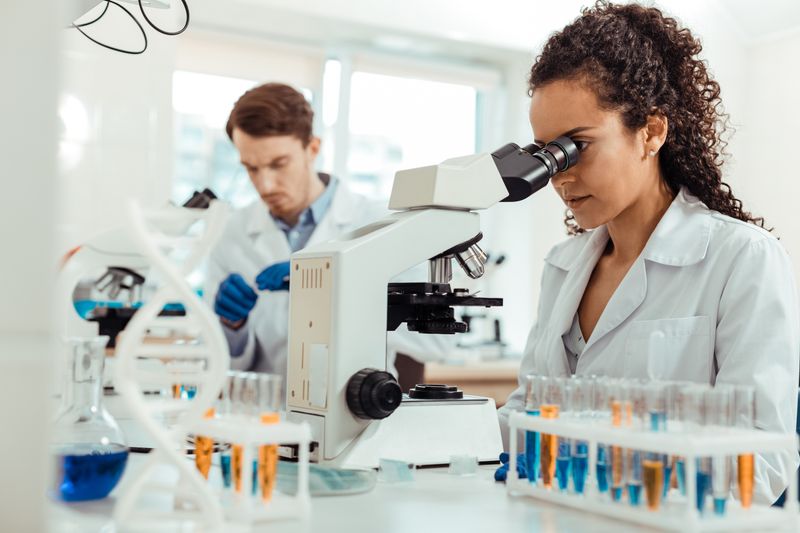 Photo from Adobe Stock by Viacheslav Yakobchuk
Photo from Adobe Stock by Viacheslav Yakobchuk
If so, a career in microbiology might be the perfect fit for you!
Microbiologists contribute to many scientific advancements and have meaningful impacts on the world, all while studying microscopic organisms like bacteria, viruses, and fungi.
What is a microbiologist?
Wondering what a microbiologist does? It’s all in the name! Microbiology breaks down into "micro" meaning tiny, and "biology", the study of life. Essentially, microbiology is the study of organisms too small to be seen without a microscope.
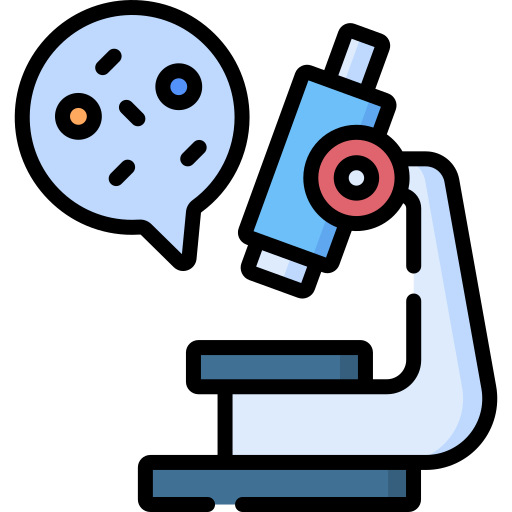
Microbiologists are detectives in the world of bacteria, viruses, fungi, and protozoa. They help answer questions about the invisible world around us.
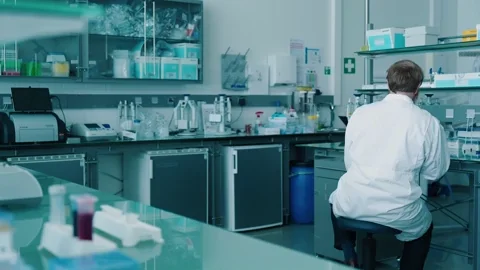
Daily tasks of a microbiologist
Although they're small, working with microscopic organisms is a pretty big deal!

Microbiologists:

Study the growth and structure of microorganisms such as bacteria, viruses algae, and fungi.
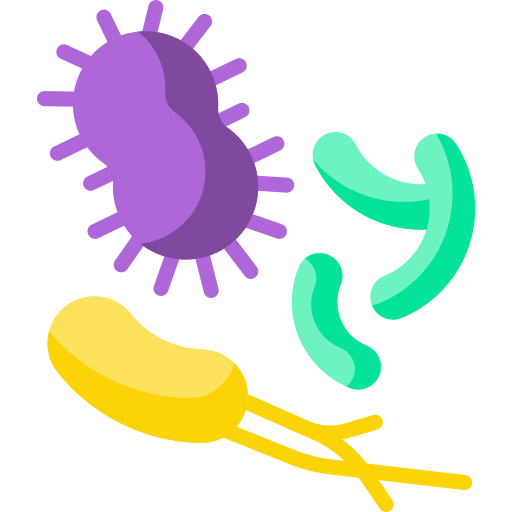
Grow and collect samples of microorganisms to use in experiments or product development.
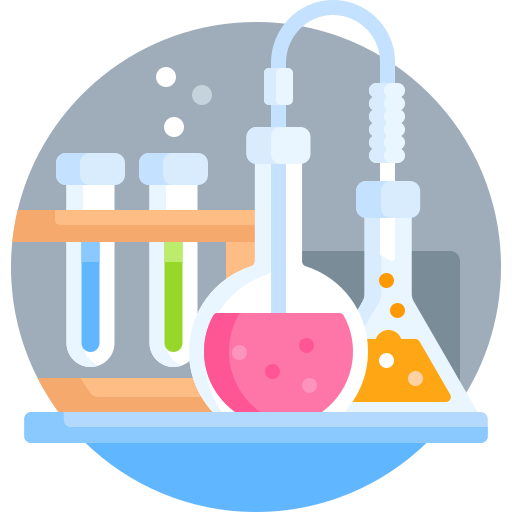
Design and implement research and perform experiments.

Take detailed notes to write technical reports.

Present research findings at work or conference events.
Where do they work?
Microbiologists can work in a variety of locations and depending on where they work, they will have a different focus.

Hospitals & clinics
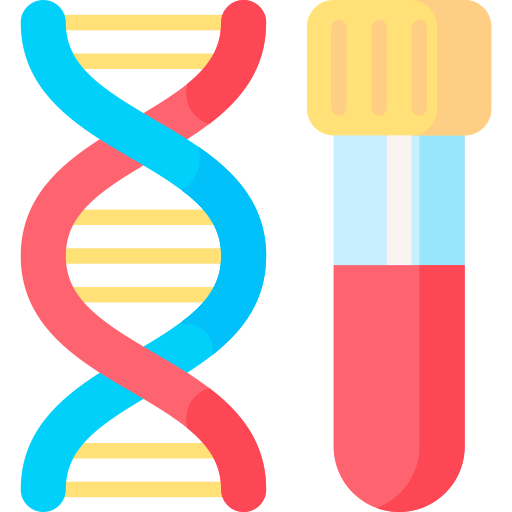
Forensic science labs
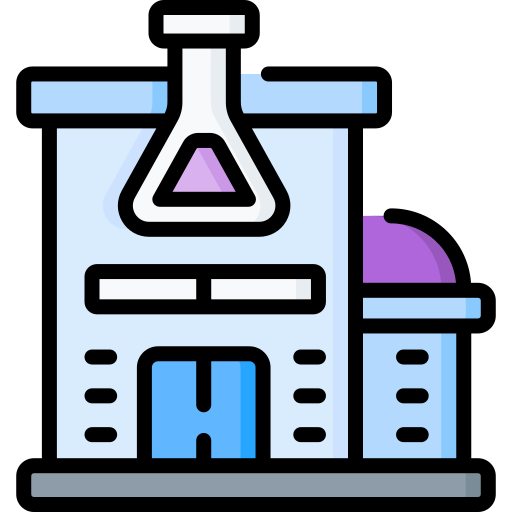
Research institutions

Environmental agencies

Pharmaceutical companies

Food & beverage Industries

Types of microbiologists:
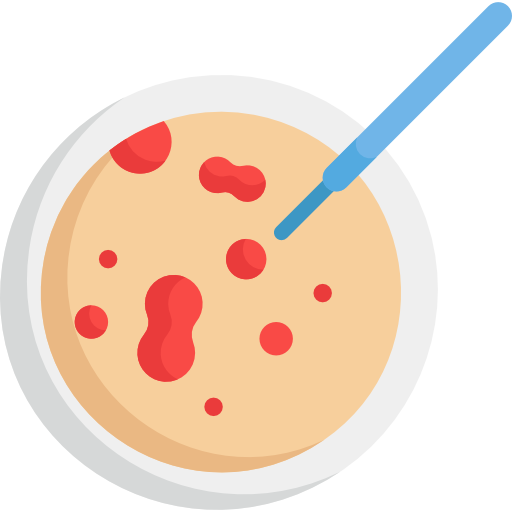
Bacteriologists study how bacteria can affect our health, environment and society in positive and negative ways.
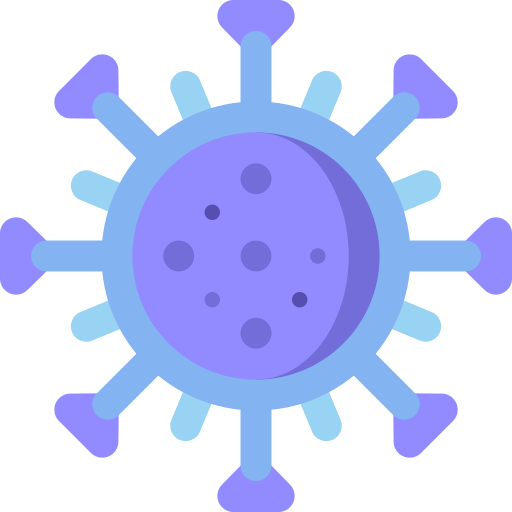
Virologists study viruses and the impact they have on other organisms, such as plants, animals, and humans.
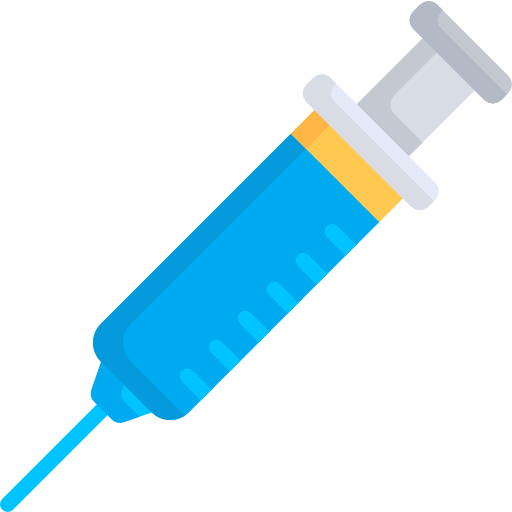
Medical microbiologists study the diseases caused by microorganisms and the best way to treat, control, and diagnose them.
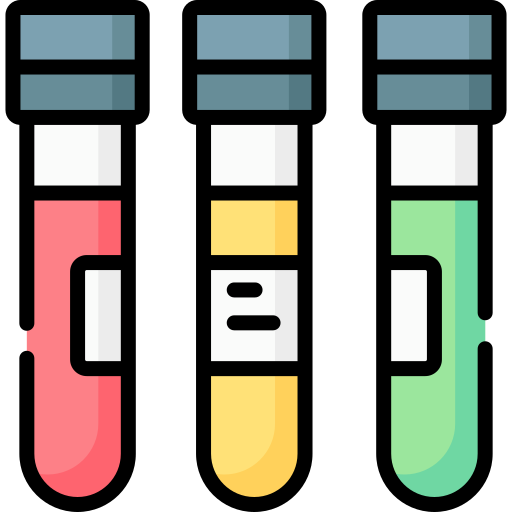
Clinical microbiologists test microbial specimens to detect and prevent diseases.

Environmental microbiologists study how microscopic organisms interact with each other and their environment.
You'll love it if you...
Are curious about science and the microscopic world
Enjoy lab classes
Like working with your hands
Are detail-oriented
Have patience

Choose a different career if you...

Aren't comfortable working with microscopic organisms like bacteria
Prefer working at a desk
Don't enjoy lab classes
Aren't naturally curious about science
Find you can be disorganized
Choose the future microbiologist

Allie
Allie enjoys reading up on what's new in science through online articles. Working with things in the lab makes her uneasy so she prefers to learn at the comfort of her desk.

Sarah
Sarah recently bought herself a microscope to look at samples of pond water for microorganisms. She takes great notes in lab class and actively participates in lessons.

Sam
Sam enjoys nature and being outside. His brother is a microbiologist so he feels this will be a good fit for him too.

Michael
Michael is very detail-oriented and likes to work with computer programs to communicate scientific results.
Quiz
Who sounds like the best fit as a future microbiologist?
An average microbiologist's salary is...
$61,057 USD

$52,601 CAD

Take Action
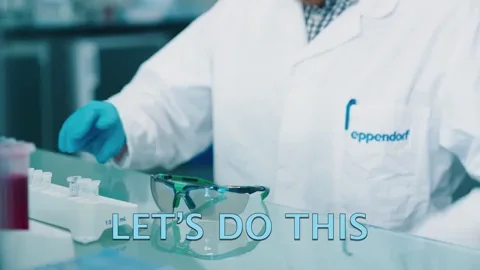
If you think microbiology is a good fit for you, these steps can help you find out more and meet your career goals:
Your feedback matters to us.
This Byte helped me better understand the topic.
